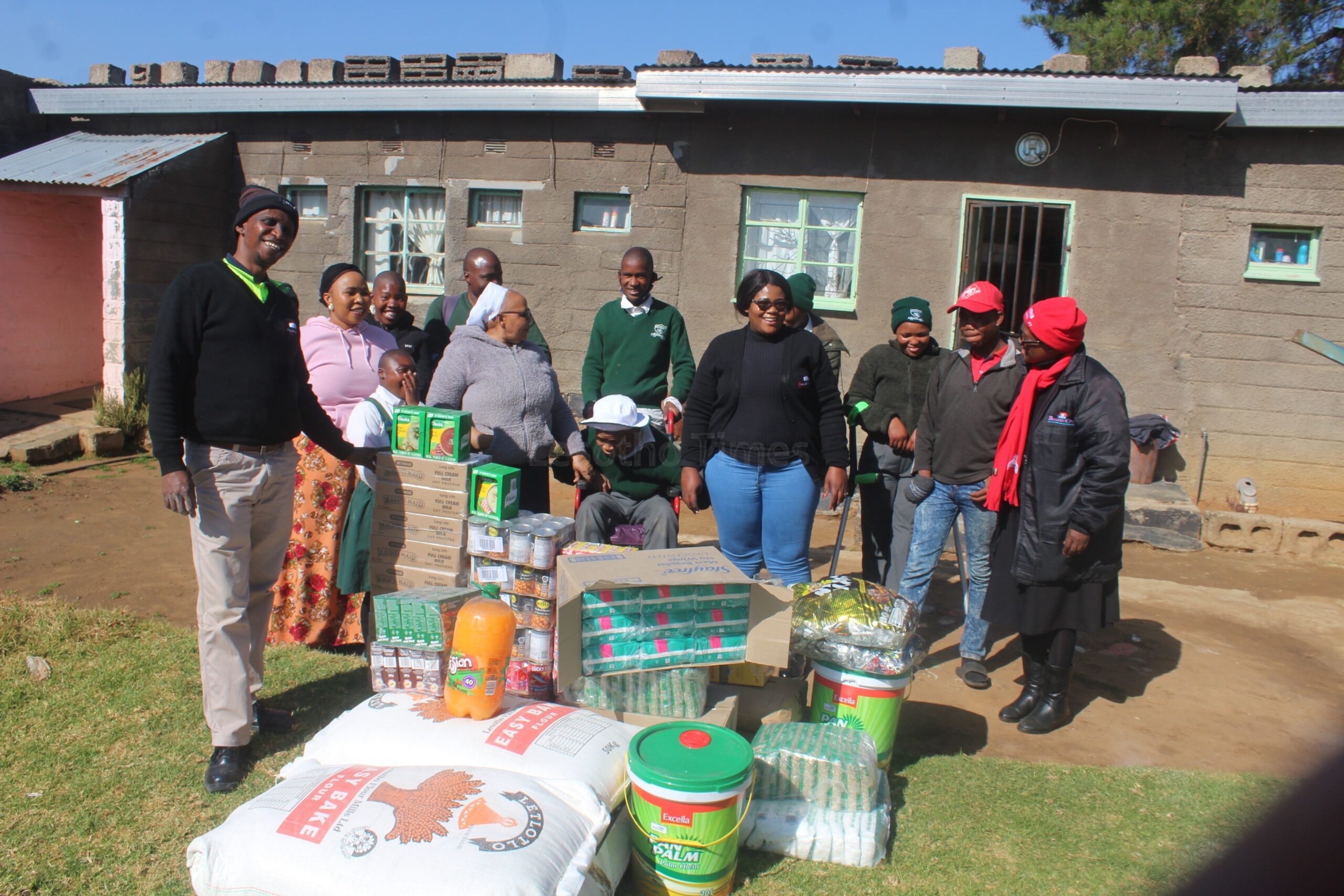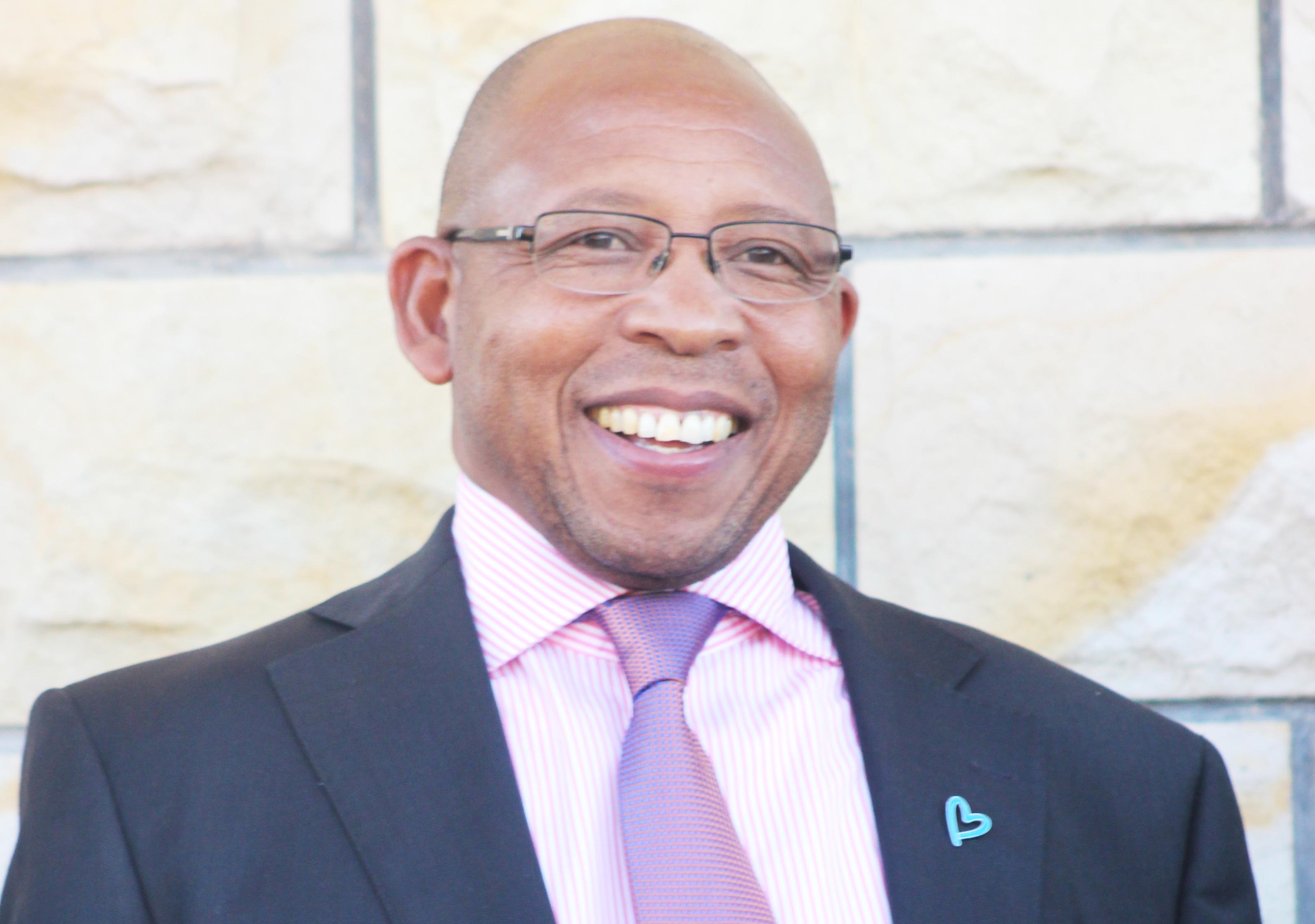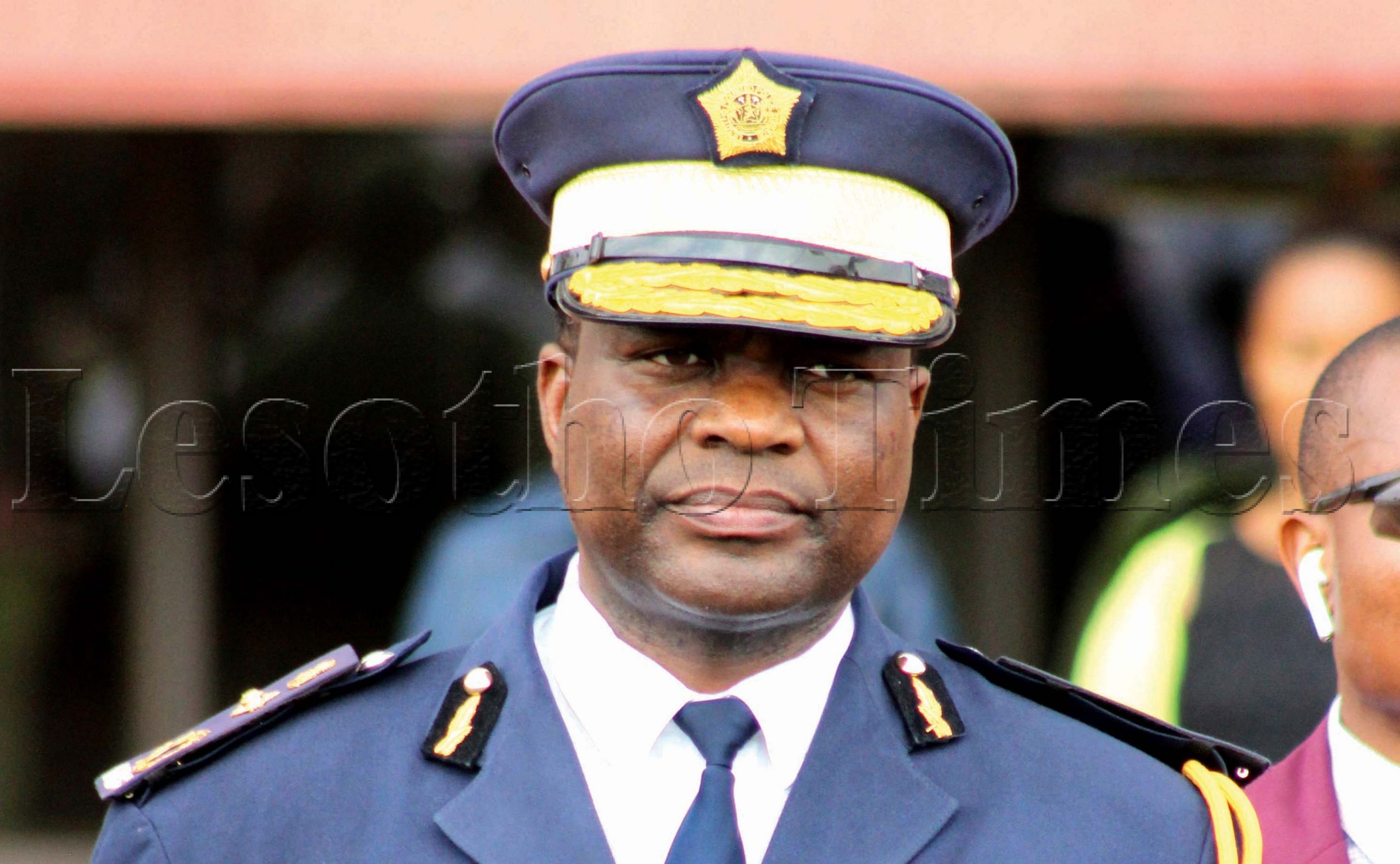
THE Thomas Thabane-led governing coalition is expected to present a progress report on the political situation and the status of the multi-sector reforms to the Southern African Development Community (SADC) heads of states and government summit which gets underway in Tanzania tomorrow. Ahead of the SADC summit, Lesotho Times (LT) Senior Reporter Pascalinah Kabi interviewed Foreign Affairs and International Relations Lesego Makgothi (LM). Mr Makgothi said the National Reforms Authority Bill aimed at creating an independent body to oversee the implementation of the reforms would still be passed despite wrangling between the government and the opposition who foiled the government’s plans to fast-track the bill on Monday.
Below are excerpts of the interview.
LT: Lesotho is expected to present its progress report on the implementation of the SADC decisions at the SADC summit beginning on Friday. Has the wrangling between the government and the opposition over the National Reforms Authority Bill had any effect on the government and its report to SADC?
LM: That has not affected anything at all. We reported to the Ministerial Committee of the SADC Organ on Politics in Lusaka, Zambia in July this year that the government of Lesotho will support the passage of the bill parliament.
The government has fast-tracked presentation of the bill in good spirit and there was an undertaking by all stakeholders during the National Leaders Forum that since the bill was presented before them, it should take little time before being passed in parliament. It was agreed that the bill would have been enacted on or before 9th August 2019.
But if parliament advised itself that the bill should take the normal route of being interrogated by the portfolio committee, so be it. It shows that it was not urgent after all.
LT: Does government see this development as a setback to its plans to ensure that the implementation of the reforms?
LM: Not at all. The government of Lesotho’s goal has always been to reform the country after the 2017 national elections. A delay of a week or two will not impact on the legislation.
As I have indicated, National Reforms Authority Bill was supposed to be enacted after the second plenary session of stakeholders to the reforms from 16 to 18 September.
LT: Justice Dikgang Moseneke is in the country amid panic that parliament’s decision to refer the bill to a relevant committee to scrutinise it could delay the reforms process. What is the purpose of Justice Moseneke’s visit to Lesotho? Is he here to put out fires and ensure that all stakeholders (opposition and government) come to some sort of an agreement and pass the bill in parliament?
LM: There are no fires in as far as I can see. If the opposition decides that the enactment of the bill is not urgent and it should go through the portfolio committee, then it will happen as it is the normal parliamentary process.
There is not much Justice Moseneke can do as parliament is independent. He probably is in the country to try and understand what has transpired against the undertaking made during the National Leaders Forum.
The government of Lesotho is not worried about who blocks the bill. We kept our end of the brokered agreement by having a special sitting of cabinet to approve the bill and advise the Speaker (Sephiri Motanyane) on the opening of parliament specifically for the business of enactment of the bill and nothing else.
If other political parties are adamant that they want to challenge the presentation of the bill then so be it. SADC is closely monitoring and noting. We have said that reforms are for the Basotho nation, not for government of Lesotho nor opposition of other political parties. I seriously question if the opposition’s move (to block the fast-tracking of the bill) was in the interest of the nation or for their own selfish reasons.
LT: Does government think that this setback has anything to do with the ongoing power struggle within the governing All Basotho Convention?
LM: Not at all. I do not see why this can be ascribed to that. If the Bill was passed on Monday, we would all have emerged winners working in good spirit as per the agreement of the 4th July (by all leaders to ensure the passage of the bill).
Now that it has been referred to the committee, nobody has lost anything. I can bet some Hollywood dollars that some members of parliament in the governing party are not sure why they were told by their faction to vote against their own government.
The nation is gradually losing its trust and patience by this truant played by politicians. This is demonstrated by low turnout of every national elections three times in the past five years. This game of dragging the process of reforms will have dire consequences to some politicians in not so distant future.
LT: What is the status of implementing the SADC decisions on the prosecution of security officers suspected to committed serious crimes?
LM: Three foreign judges (two from Botswana and one from Zimbabwe) took oath of office on 5th August. Government of Lesotho has received funding from the European Union for 18 months during the prosecution of the cases. Investigations were completed in 2018. Suspects have appeared before the court and cases have been allocated to the foreign judges.
This is to ensure neutrality as opposed to allocating the cases to local judges.







